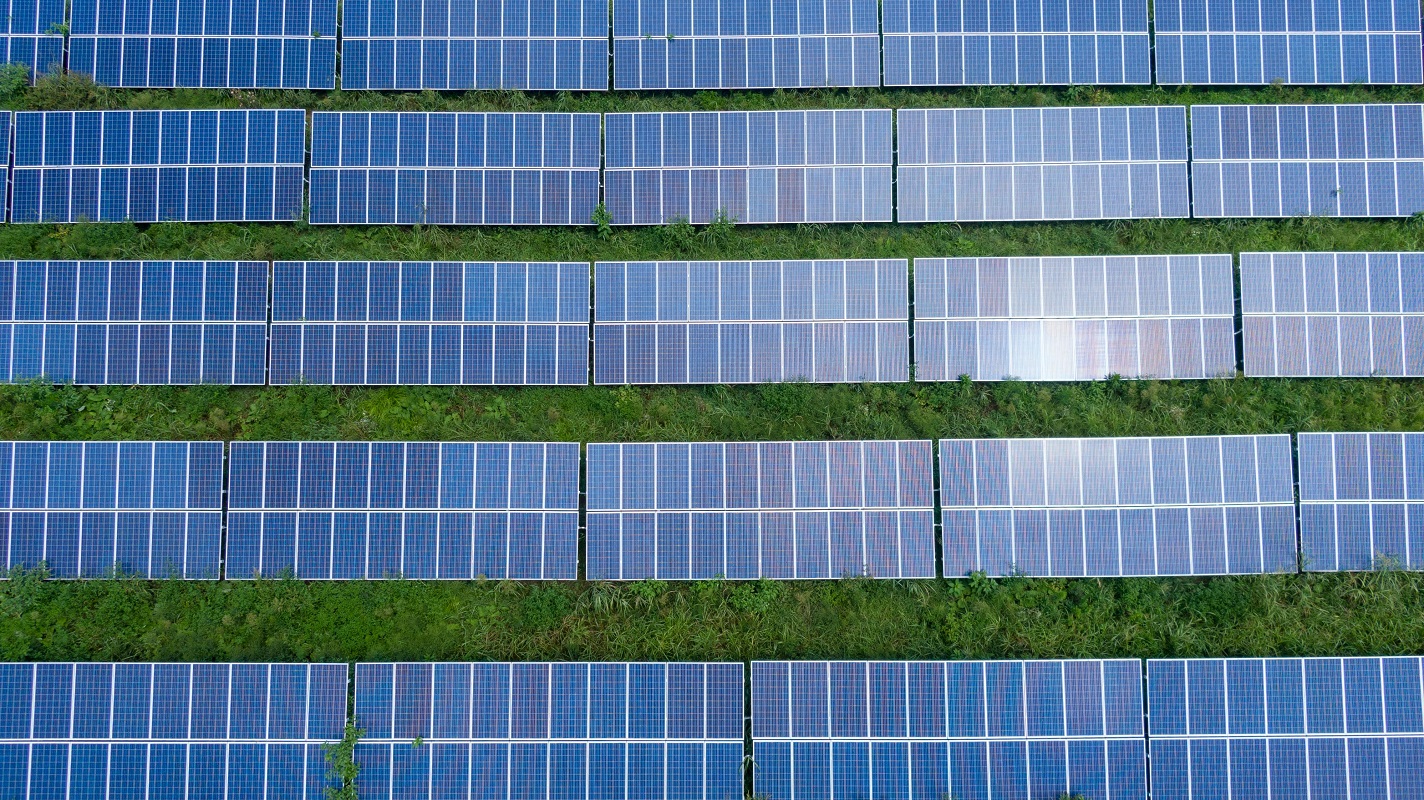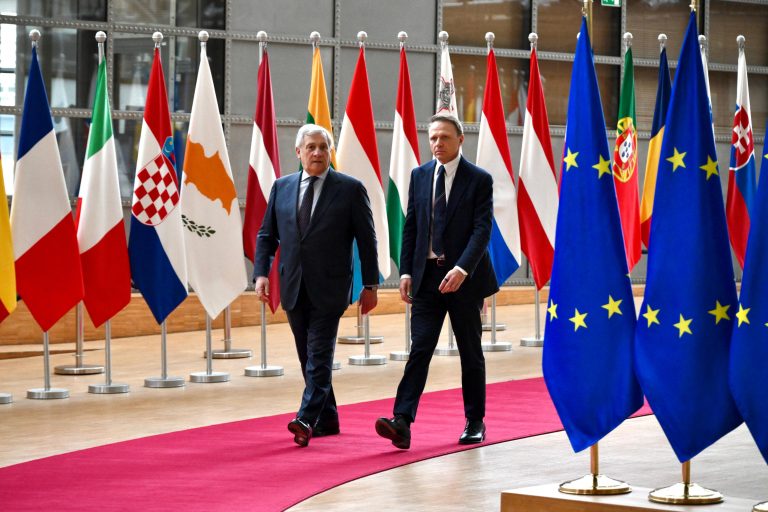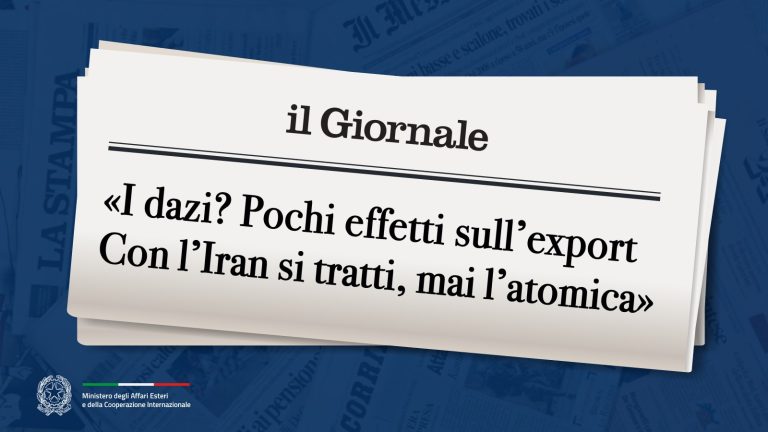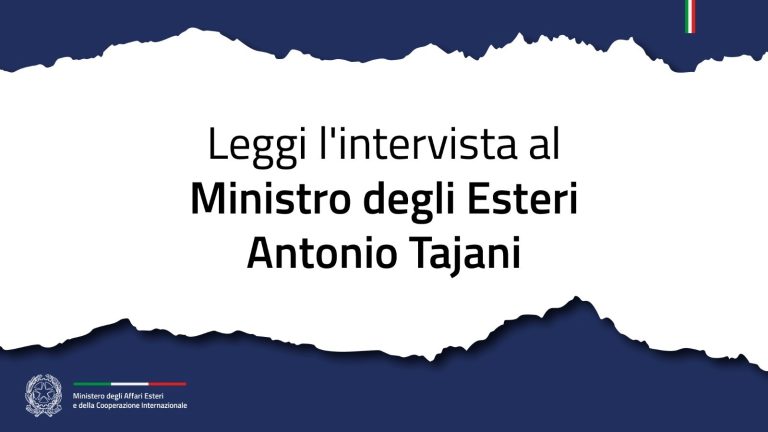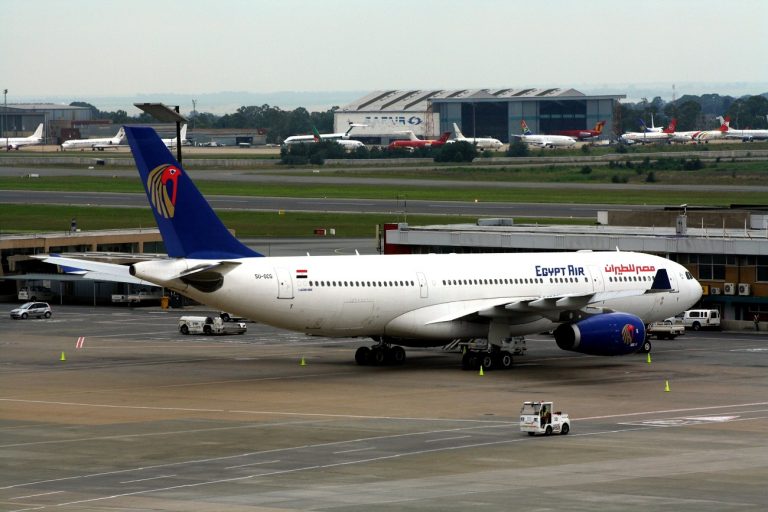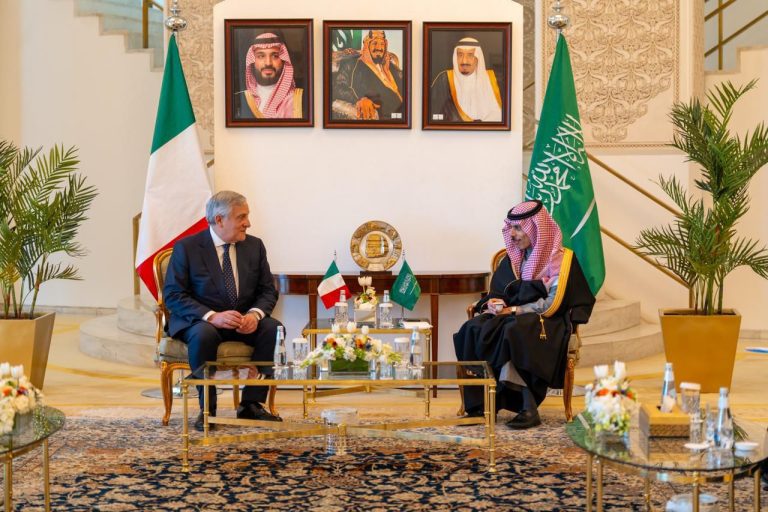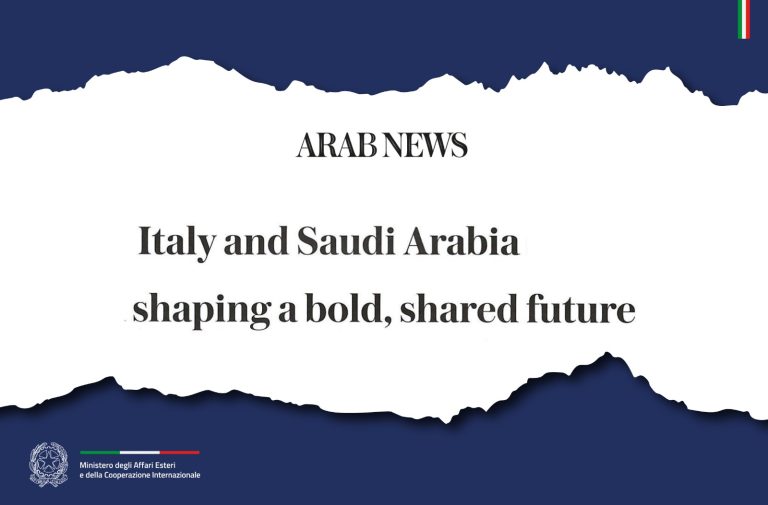The United Arab Emirates (UAE) continues to push the economic diversification accelerator, confirming itself as a key player in the global resources market. The latest ambitious project, announced by the International Resources Holding (IRH) – part of the International Holding Company (IHC) conglomerate led by Sheikh Tahnoun bin Zayed al-Nahyan – envisages the creation of a copper trading hub in Abu Dhabi. The facility, operational from 2025, will have a capacity to handle half a million tonnes of transactions.
Used in the production of wind turbines, solar panels and electric vehicles, copper is an essential metal for the energy transition and the development of green technologies. This new centre will complement the well-established Dubai Multi Commodities Centre (DMCC), a free trade area that handles 80 per cent of the country’s imports and exports, mainly in the gold market. The emergence of a second hub, however, could open up scenarios of economic rivalry between Abu Dhabi and Dubai, as well as intensify regional competition with Saudi Arabia, which is also determined to dominate the market for critical minerals.
In recent years, both the Emirates and Saudi Arabia have strengthened their commercial presence in Africa, a continent rich in mineral resources. One of the most significant deals is the acquisition in 2024 of 51% of the Mopani copper mines in Zambia, a $1.1 billion transaction that saw the Emirates beat Chinese and South African competitors. Other deals were signed in Angola, Burundi and the Democratic Republic of Congo, thus strengthening the Emirates’ presence in iron ore, nickel and tantalum extraction.
The expansion strategy is not limited to Africa. Since 2023, the UAE has extended its investment for bauxite to markets such as Pakistan, and is negotiating agreements with Australia and Afghanistan for lithium. Latin America, with its deposits in Brazil and Peru, is also part of the country’s geopolitical vision. This investment meets a dual objective, e.g. reducing dependence on oil and gas, which are still central to the Emirates’ economy, and ensuring access to resources that are fundamental for the energy transition. The Emirates’ strategic approach is characterized by its ability to enter disputed markets, strengthening relations with developing countries and presenting itself as a reliable partner for high-impact projects.
Copper
Due to its excellent electrical and thermal conductivity and corrosion resistance, copper is a crucial metal for many sectors, ranging from technology to energy infrastructure. Its global production is concentrated in some of the world’s richest mining regions. Chile leads the ranking, accounting for over 28% of world production, with iconic deposits such as Escondida and Chuquicamata. It is followed by Peru, with prominent mines such as Antamina and Las Bambas, and the United States, particularly Arizona, where the large mining complexes of Morenci and Bagdad are located. In Africa, the Copper Belt, which stretches between Zambia and the Democratic Republic of Congo, is among the most important mining areas in the world.

